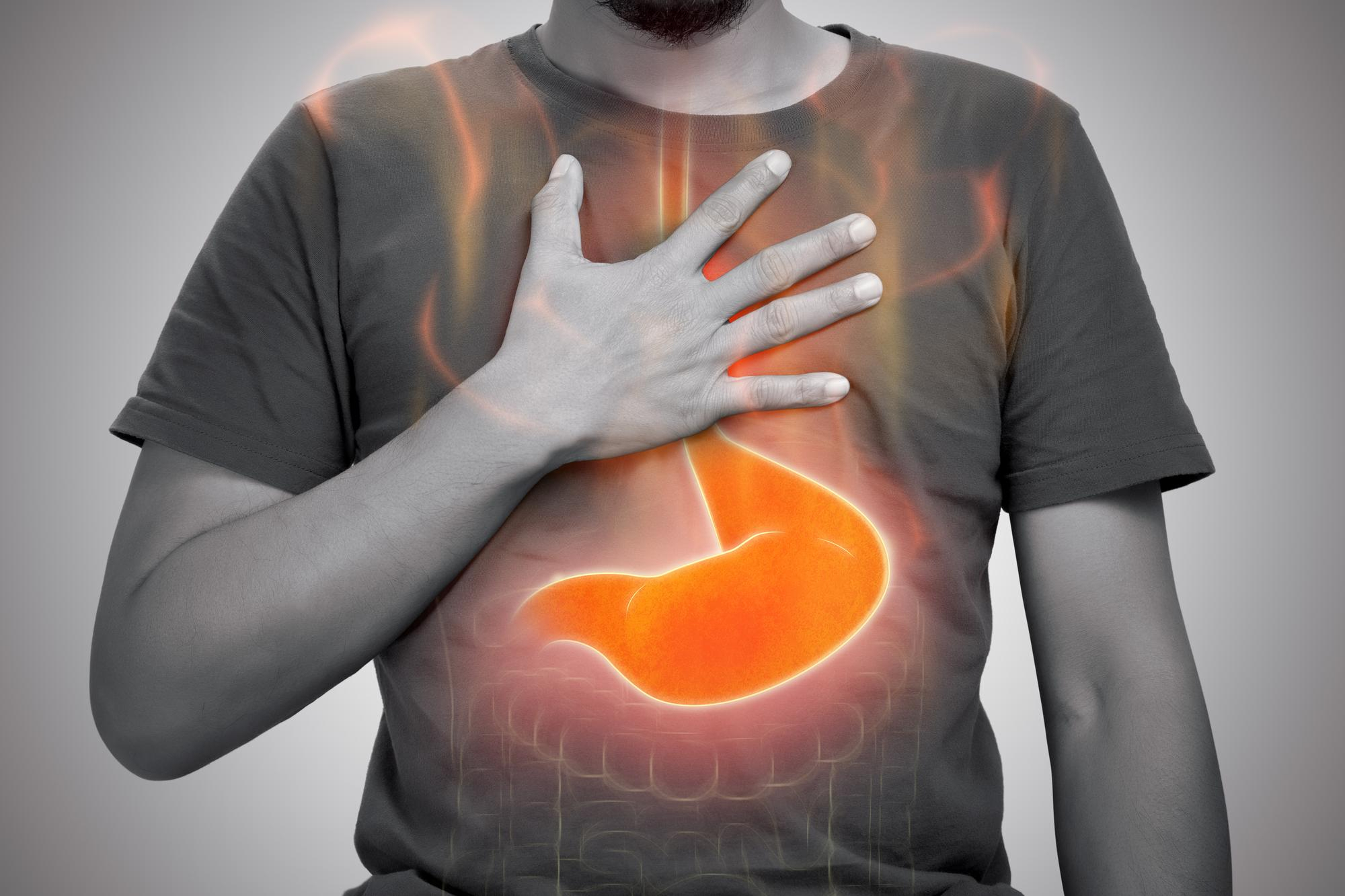Overview
Heartburn, or acid reflux, occurs in approximately 20–40% of patients after sleeve gastrectomy — even those without preoperative GERD — and can persist long-term in up to 10% . It results from increased intragastric pressure and reduced lower esophageal sphincter (LES) function.
What Is Heartburn?
Heartburn is a burning sensation behind the breastbone caused by stomach acid moving up into the esophagus. Symptoms may include:
-
Chest pain when bending or lying down
-
Bitter or acidic taste at the back of the throat
-
Difficulty swallowing or feeling of fullness
Why Sleeve Gastrectomy Increases Risk
-
Increased Pressure: Sleeve creates a narrow gastric tube that elevates pressure in the stomach .
-
LES Dysfunction: High pressure and tubular stomach may weaken LES, allowing acid reflux
- Pre-existing Conditions: Some patients already had reflux symptoms before surgery
Foods to Avoid
-
Citrus fruits (orange, lemon), pineapple, kiwi
-
Tomato products, onions, garlic, peppermint
-
Chocolate, ice cream, egg yolk, pastries
-
Fried/fatty foods, full-fat dairy
-
Coffee, tea, carbonated drinks, spicy foods
Recommended Foods
-
Carbohydrates: Rice, buckwheat, quinoa, oatmeal, boiled potatoes
-
Veggies/Fruits: Non-acidic options like bananas, melons, apples (monitor personally)
-
Protein: Lean meats (chicken, fish), low-fat cheese/yogurt, legumes, tofu
-
Fats: Nuts (soaked overnight), small amounts of olive oil, avocado
Eating Habits
-
Eat smaller, frequent meals to avoid overstretching the sleeve –
-
Do not lie down or bend forward for at least 2–3 hours after eating
-
Avoid eating just before bedtime; elevate the head of your bed if reflux occurs at night .
-
Keep a food diary to track triggers and symptoms
Medications & Clinical Options
-
Over-the-counter antacids can temporarily neutralize stomach acid.
-
Proton pump inhibitors (PPIs) or H2 blockers (prescription-strength) reduce acid production
-
For persistent or severe reflux, consult your bariatric team to explore:
-
Conversion to gastric bypass, which alleviates reflux by diverting bile and lowering pressure
-
LINX device (magnetic sphincter augmentation) to strengthen the LES
-
When to Seek Medical Attention
Seek professional evaluation if you experience:
-
Persistent heartburn despite lifestyle and dietary modifications
-
Symptoms of GERD (e.g. chronic regurgitation, throat irritation)
-
Esophagitis or difficulty swallowing
-
Potential complications like hiatal hernia
A recent review shows significant GERD reduction when a hiatal hernia is repaired during sleeve surgery If reflux continues, conversion to a bypass might be the best option
Summary & Action Plan
| Area | Action |
|---|---|
| Diet | Eliminate acid triggers; choose low-fat, non-acidic foods |
| Portion Control | Eat smaller amounts, slower |
| Post-Meal Behavior | Stay upright, avoid lying down for ≥2–3h |
| Nighttime | Don’t eat before bed; elevate head of bed |
| Medication | Use antacids / PPIs as needed |
| Medical Follow‑Up | Consider revisional procedures if needed |

